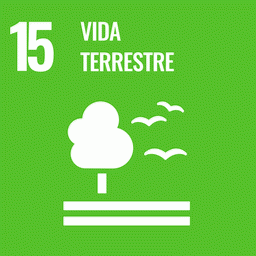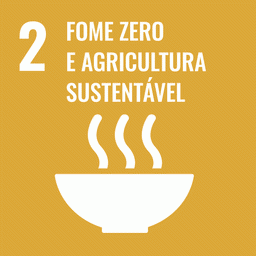apid expansion and intensification of crop agriculture in the tropics may accelerate ecosystem losses of reactive nitrogen (N). We quantified emissions of nitric oxide (NO) and nitrous oxide (N2O) in forest, single-cropped soybean [Glycine max (L.) Merr.], and N-fertilized double-cropped soybean–maize (Zea mays L.) at three N fertilizer levels within the largest area of recent cropland expansion on earth, in the Amazon and Cerrado biomes in Brazil. The NO emissions were 2.1 kg N ha‒1 yr‒1 in forest, 0.6 kg N ha‒1 yr‒1 in soybean, and 1.3 kg N ha‒1 yr‒1 in soybean–maize. The N2O fluxes were <1.1 kg N ha‒1 yr‒1 across all land uses. As fertilization levels increased from 80 to 160 kg N ha−1 yr‒1 in soybean–maize double-cropped sites, NO emissions increased from 0.6 to 6.7 kg N ha−1 mo‒1 in the month immediately after fertilization, but N2O emissions only increased from 0.6 to 1.8 kg N ha−1 mo‒1. These results indicate that NO emissions do not increase when forests are converted to croplands under current fertilization levels, and that NO will respond more strongly than N2O fluxes to increases in fertilizer applications. Our findings suggest that if N fertilization rates in the region were increased, NO fluxes could increase rapidly.
Effects of Tropical Deforestation on Surface Energy Balance Partitioning in Southeastern Amazonia Estimated From Maximum Convective Power
To understand changes in land surface energy balance partitioning due to tropical deforestation, we use a physically based analytical formulation of the surface energy balance. Turbulent heat fluxes are constrained by the thermodynamic maximum power limit and a...

